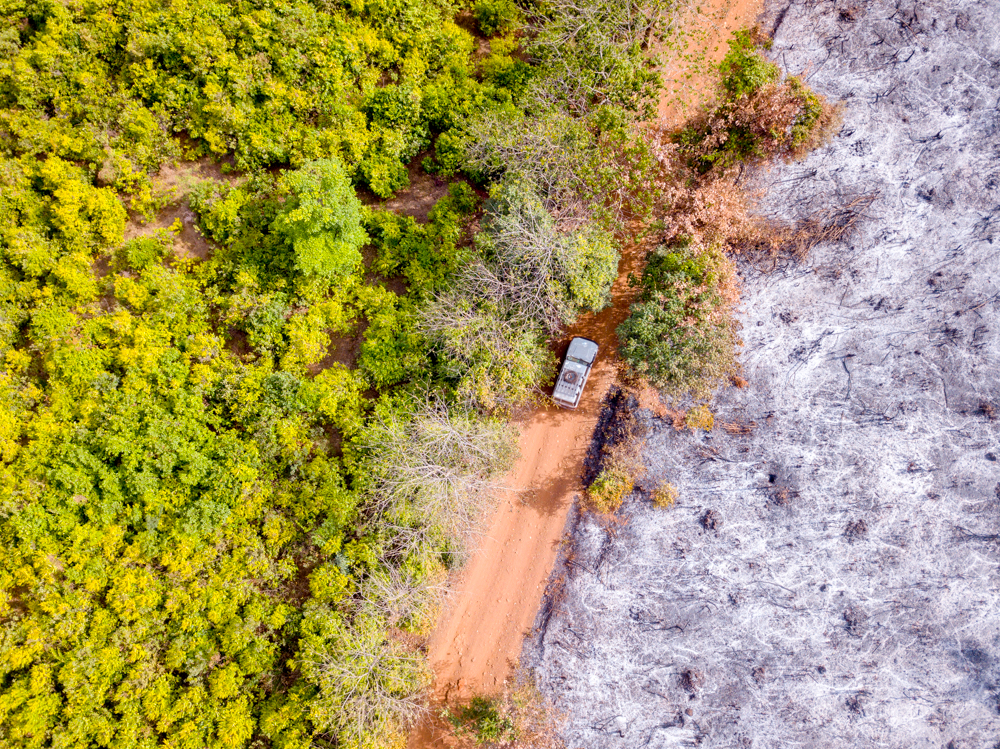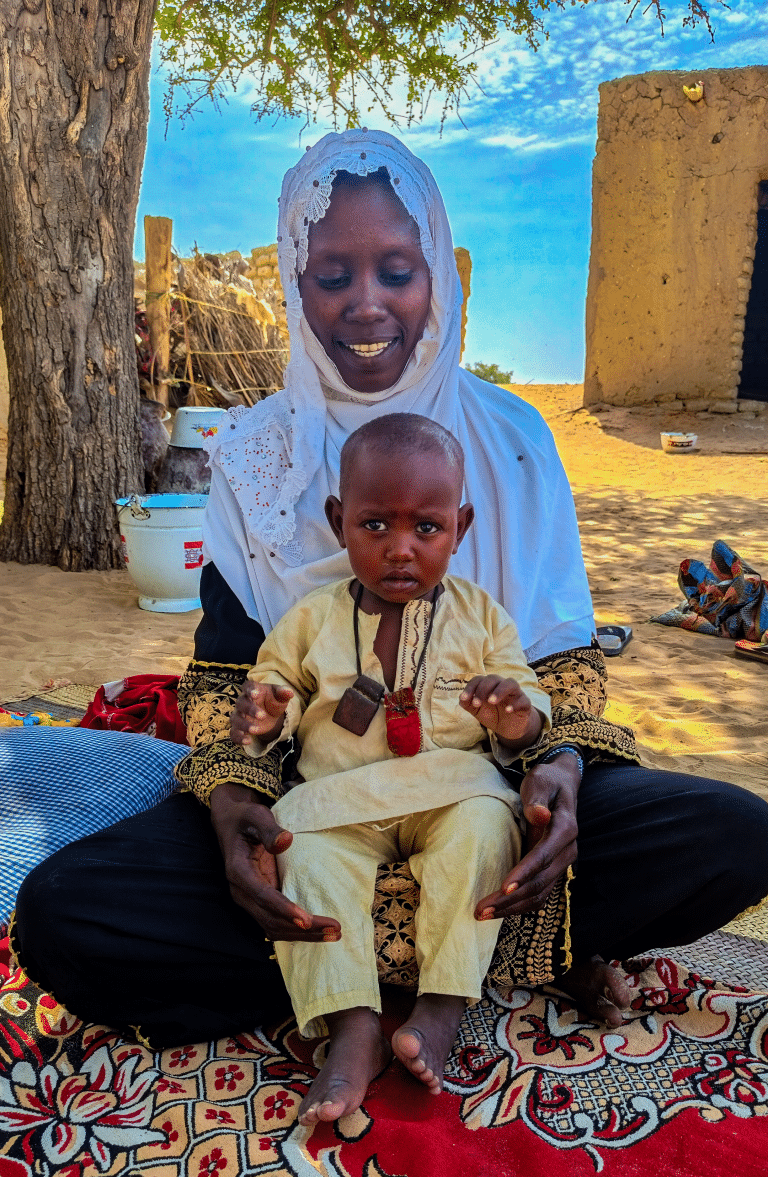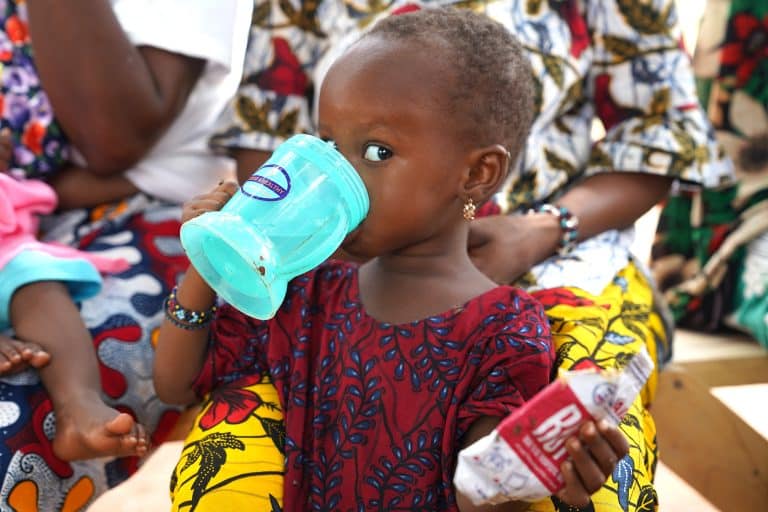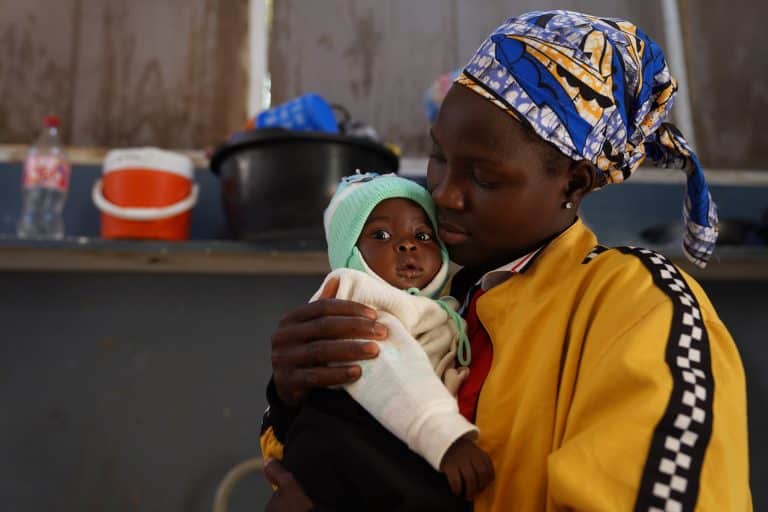Emergency Care in Hard-to-reach Areas
In times of crisis, ALIMA is often among the first to respond, whether vaccinating communities, providing medical care in displacement camps, or supplying essential medicines to hard-to-reach areas.
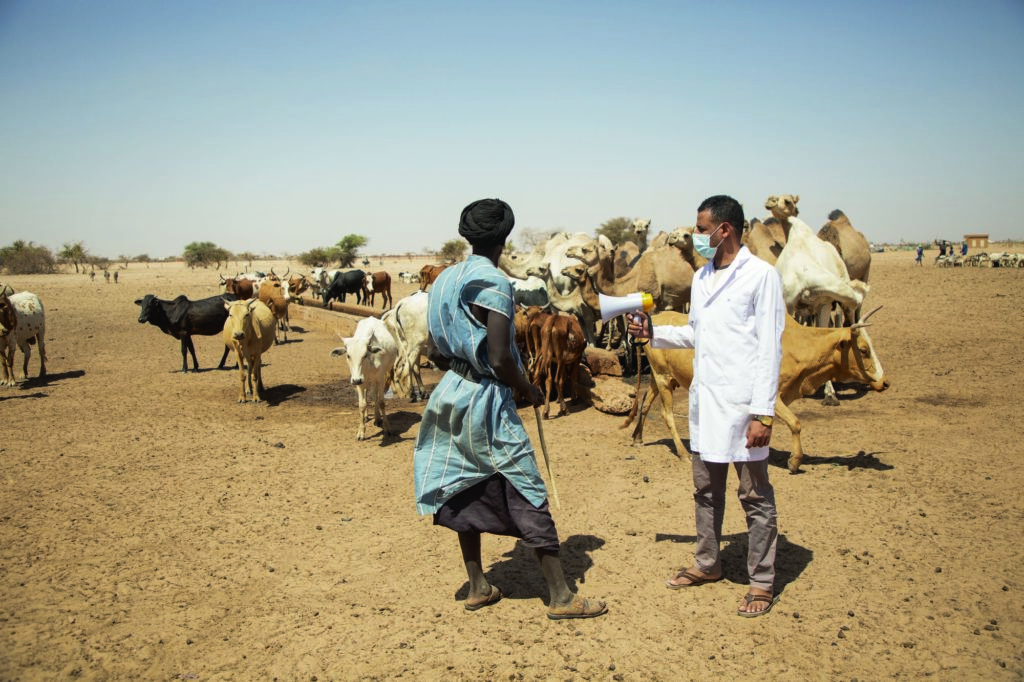
Mauritania, Mauritania, 2022 © Seyba Keita / ALIMA
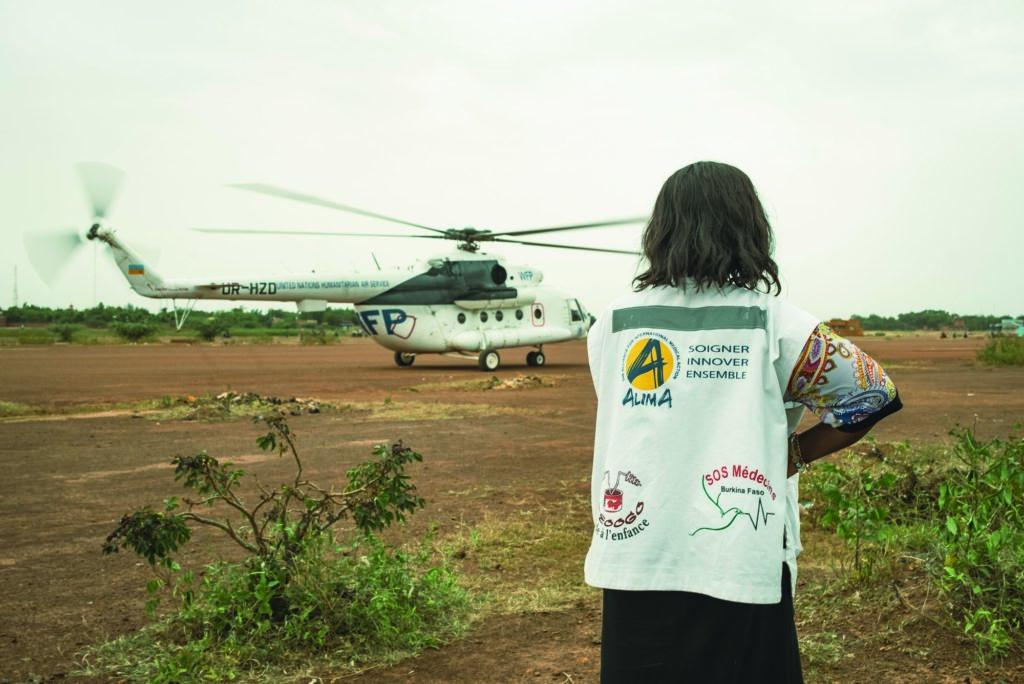
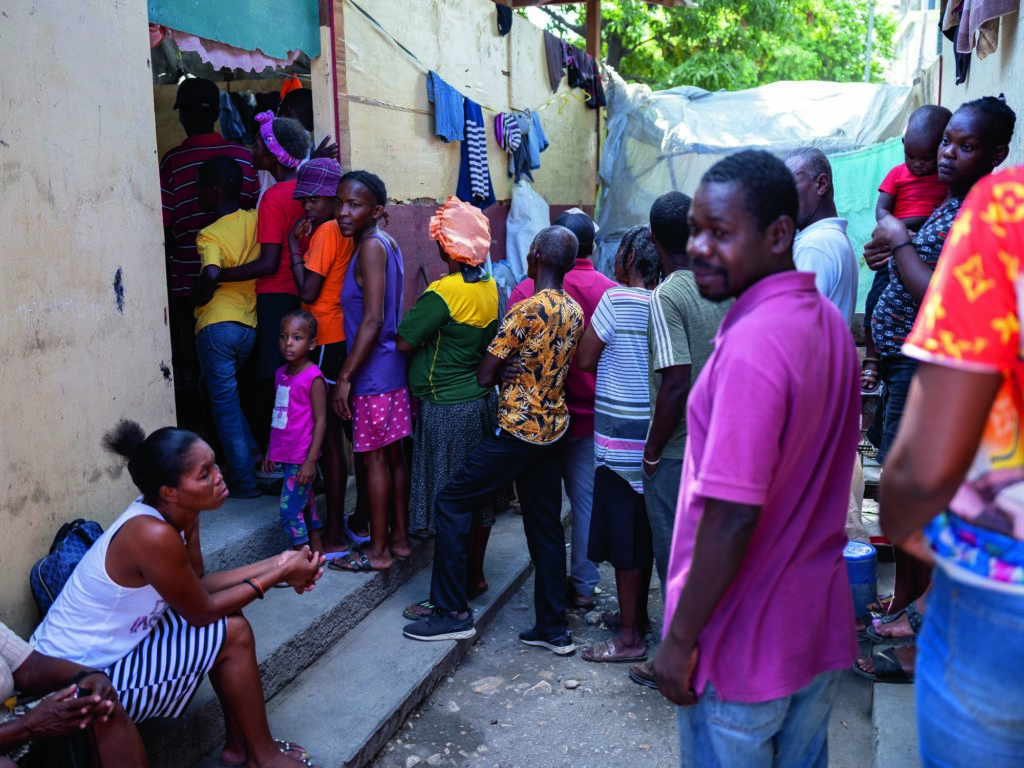
The Fight Against Malnutrition
In the humanitarian settings we operate in, malnutrition remains a recurring challenge. By providing adapted solutions in regions with limited resources, ALIMA protects thousands of children every year. We empower mothers with training to identify malnutrition, equipping them with the tools necessary to protect their children’s health. This model has proven successful and is now widely adopted by other humanitarian organisations.
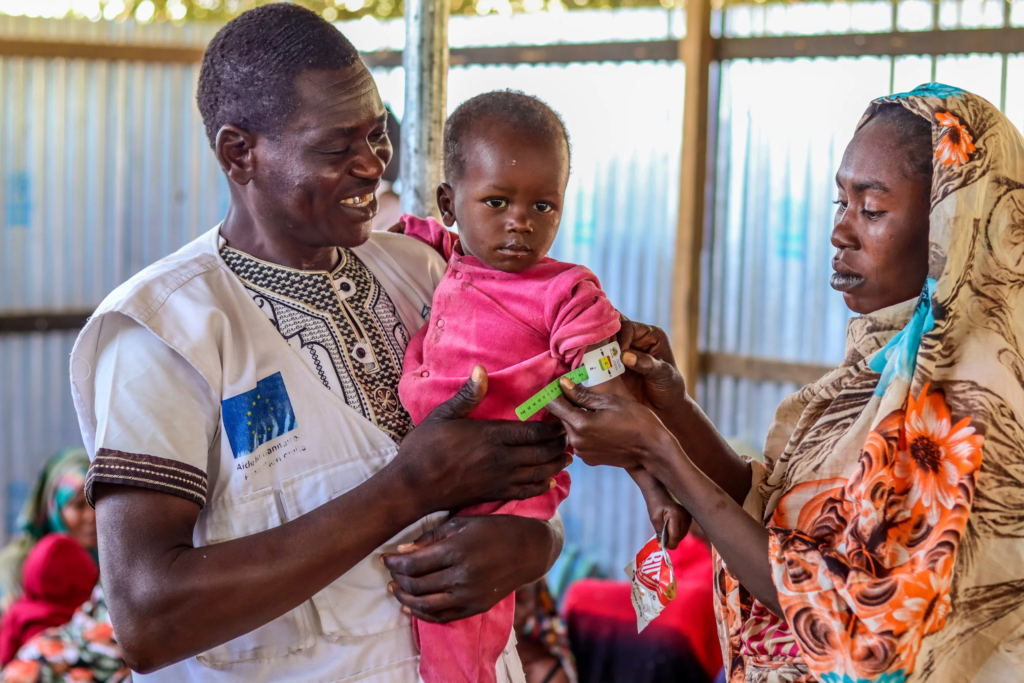
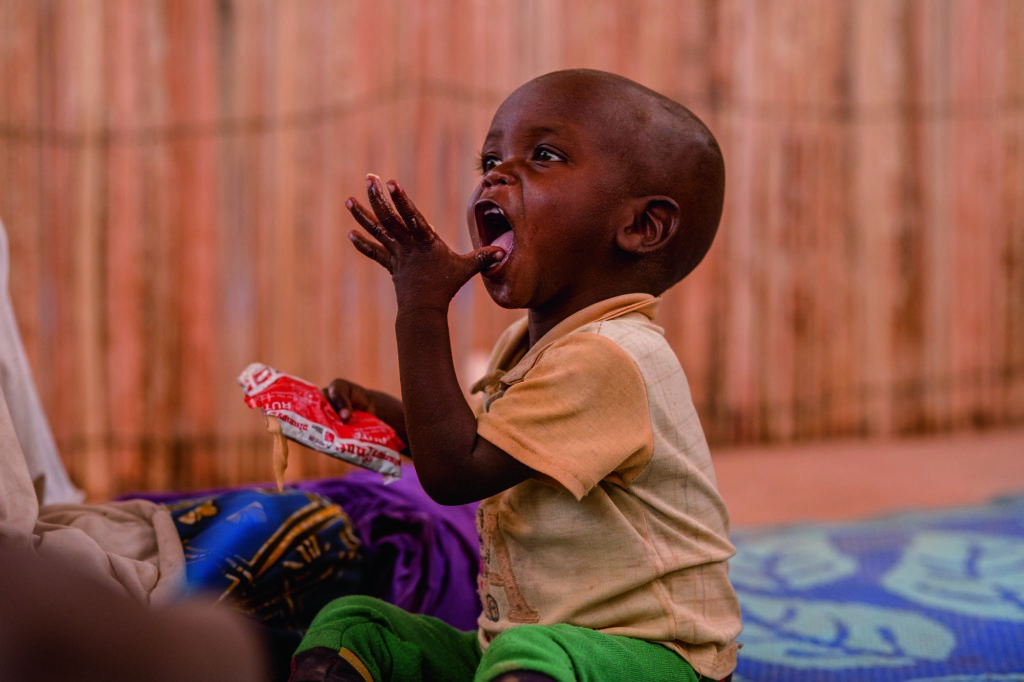
Niger, 2022Niger, 2022 © Alexandre Bonneau – AFROTO / ALIMA
Women’s and Children’s Health
However, malnutrition is only one of many challenges facing the most vulnerable populations. The health of women and children, often compromised by limited access to care, is also a priority for ALIMA. For example, by training local matrons to identify high-risk pregnancies and supporting health centres to ensure deliveries in the best possible conditions, we are helping to reduce maternal and infant mortality.
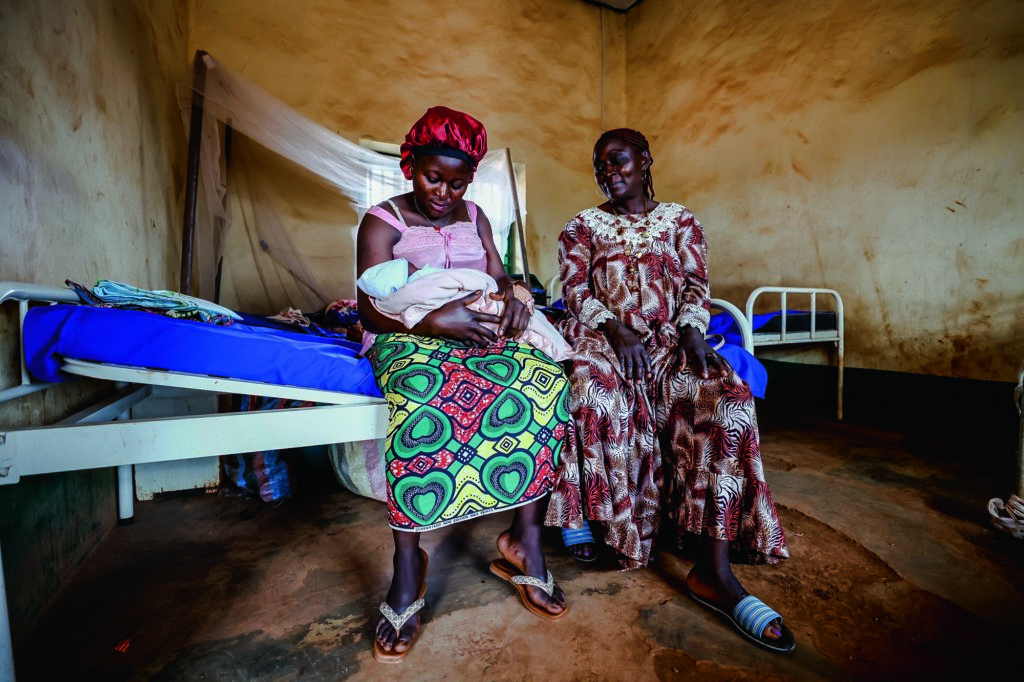
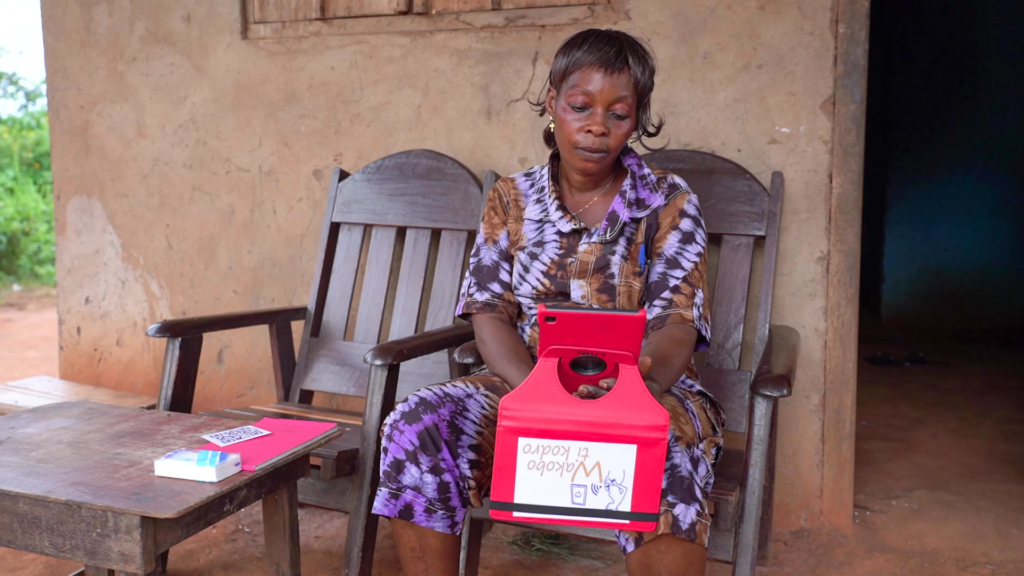
Mental Health and Psychological Support
Conflicts, disasters, and displacement are forcing thousands of people to face profound trauma. In response, ALIMA has integrated psychological support into its interventions, providing essential support to survivors as they work to rebuild their lives. Through this support, ALIMA gives patients the opportunity to express and share their experiences, giving them a better chance to overcome their challenges.
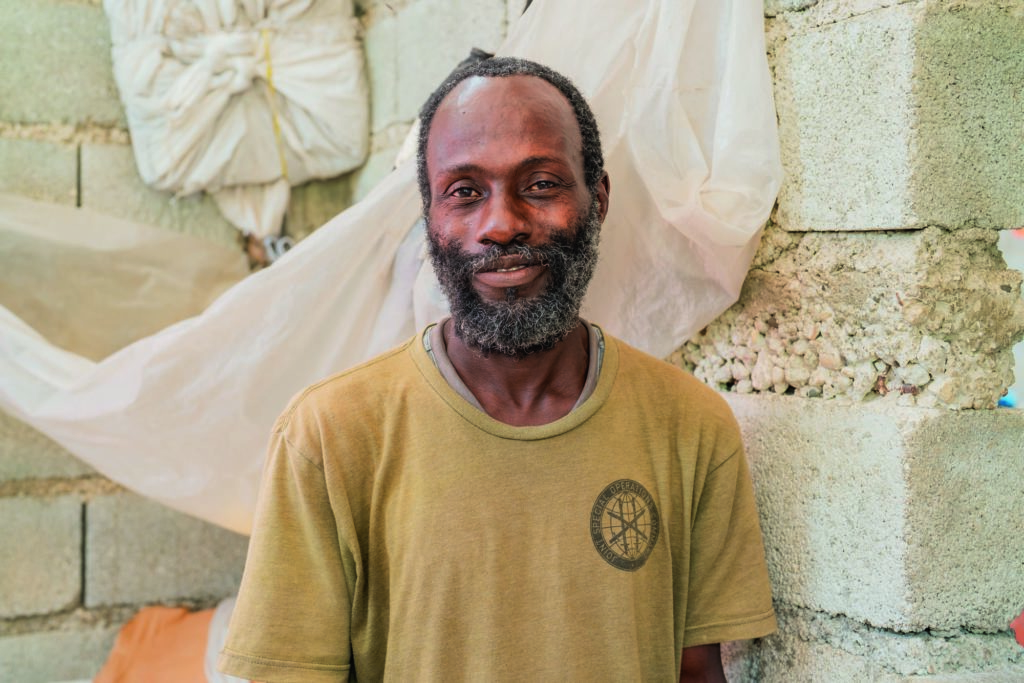
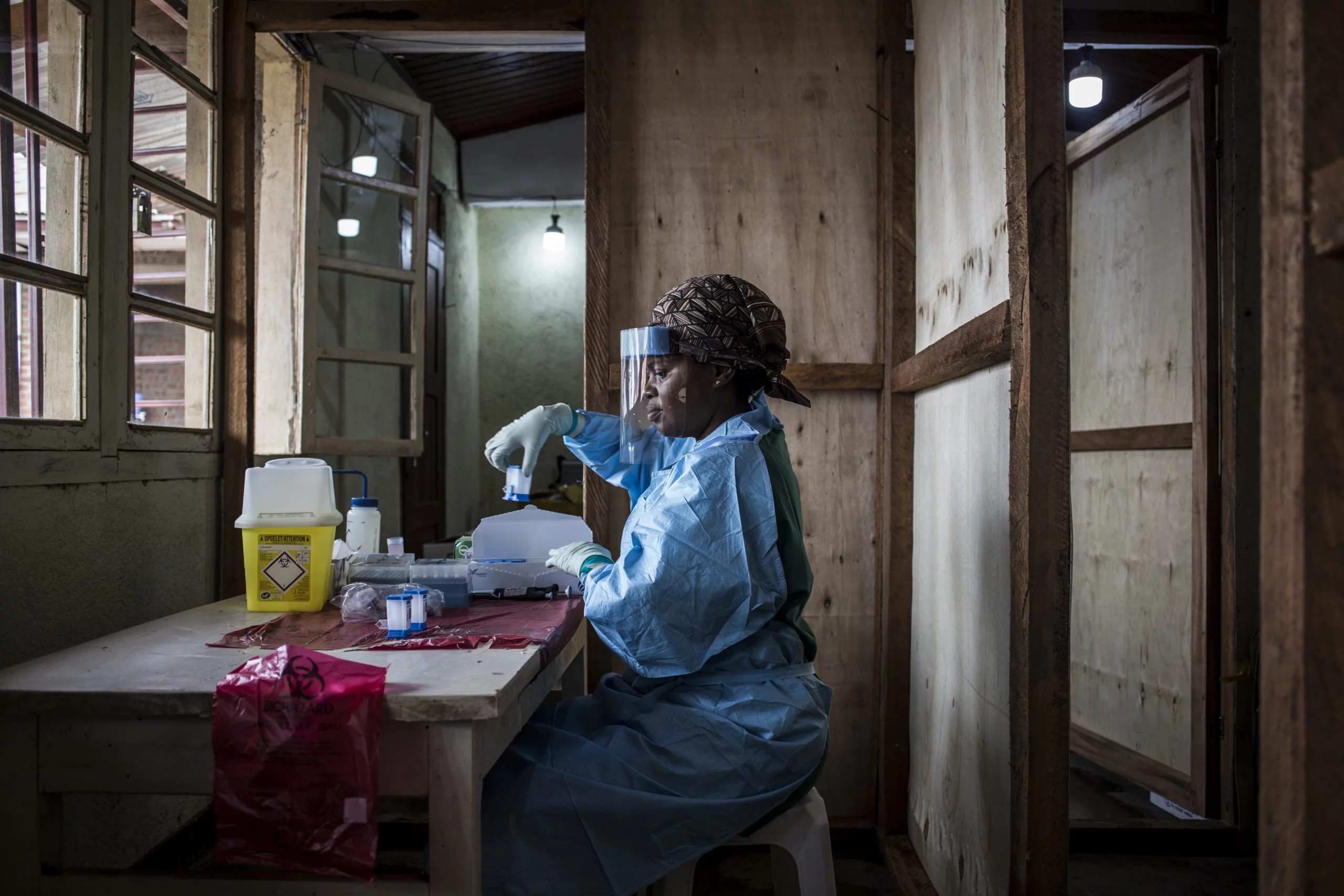
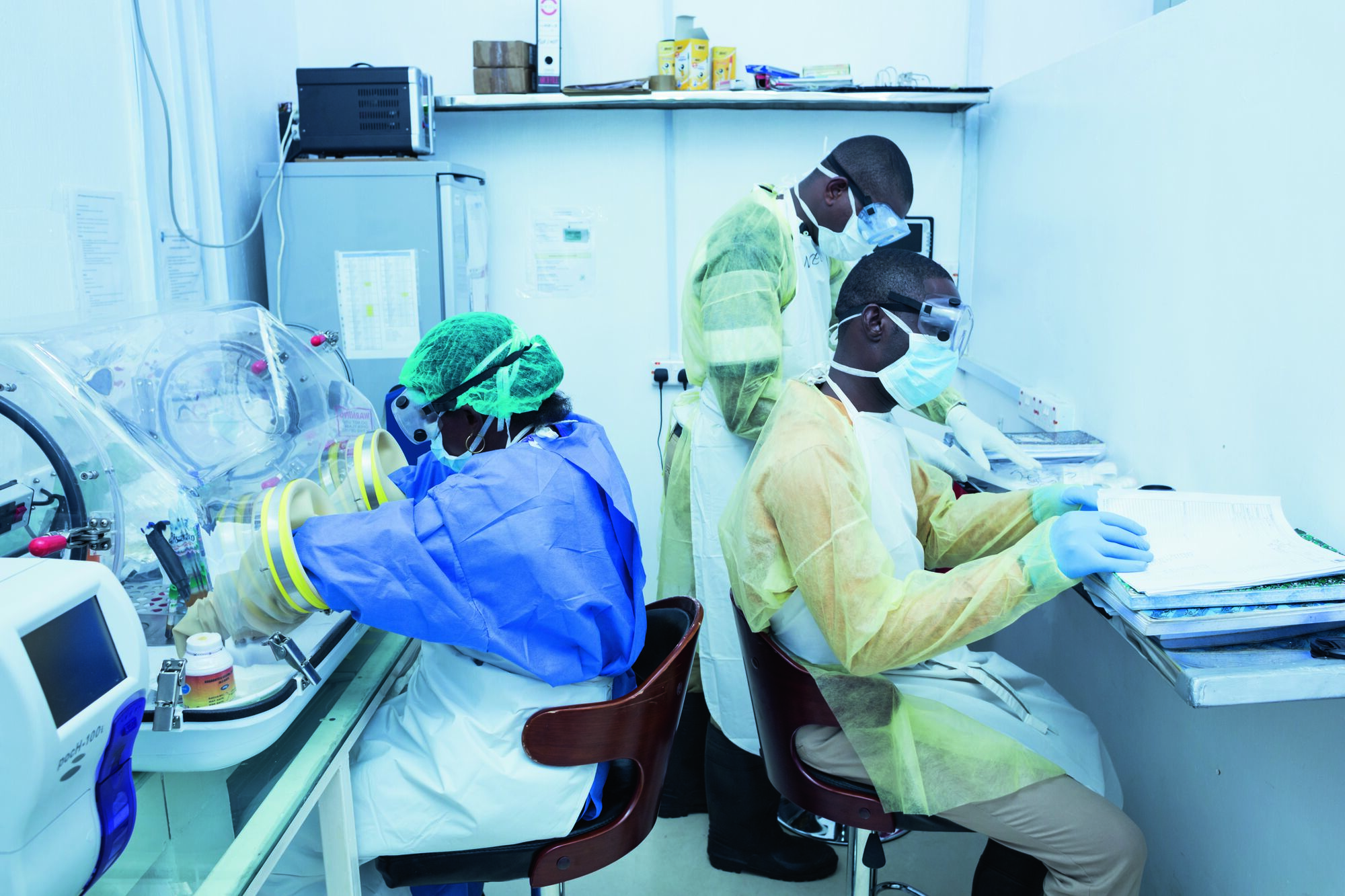
Innovations in Healthcare
Responding to crises often brings new challenges and therefore the need to invent new solutions. With its field experience and pragmatic approach, ALIMA is committed to innovation. By developing new tools such as the CUBE (Biosecure Emergency Room for Epidemics), we have transformed the way we respond to certain health crises, improving care for patients while also ensuring better protection for caregivers in high-risk environments.
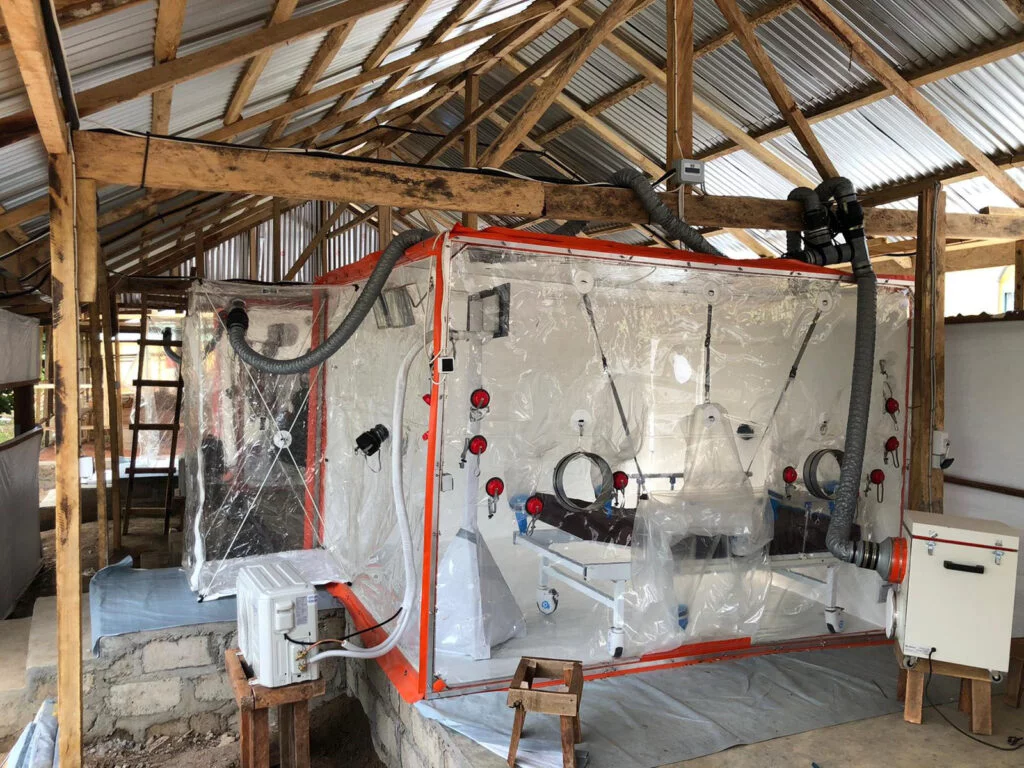
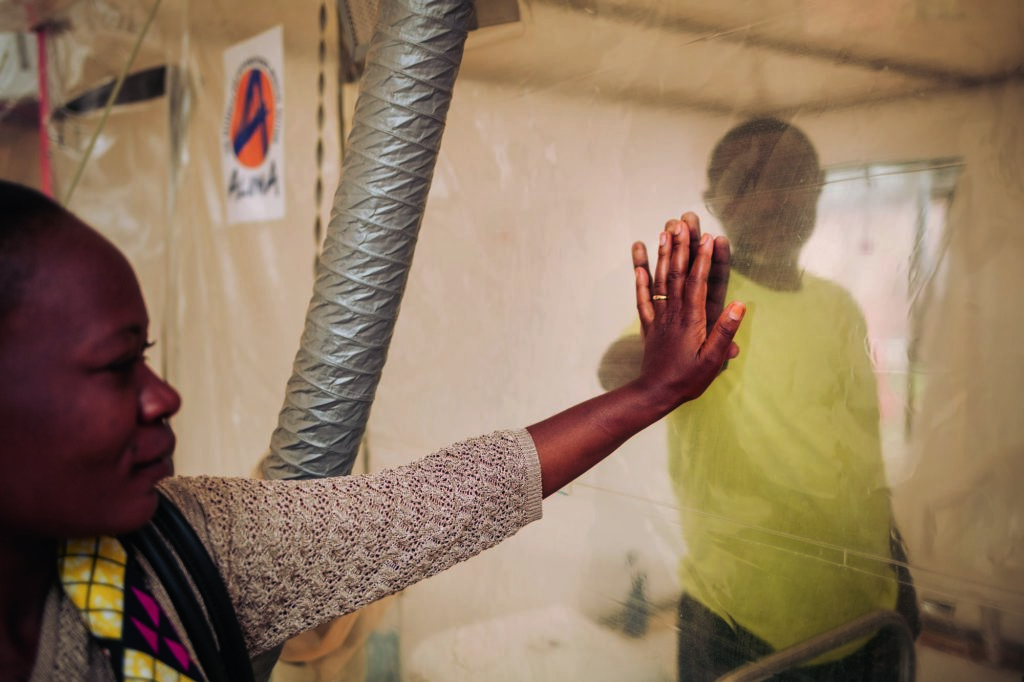
DRC, 2022 © ALIMA
Health Crises Exacerbated by Climate Change
However, innovation must also take into account new environmental realities that exacerbate health crises, such as the rise in malaria associated with flooding. Climate change and natural disasters create conditions that facilitate the spread of disease. Our teams are mobilised to deal with the health impacts of these disruptions.
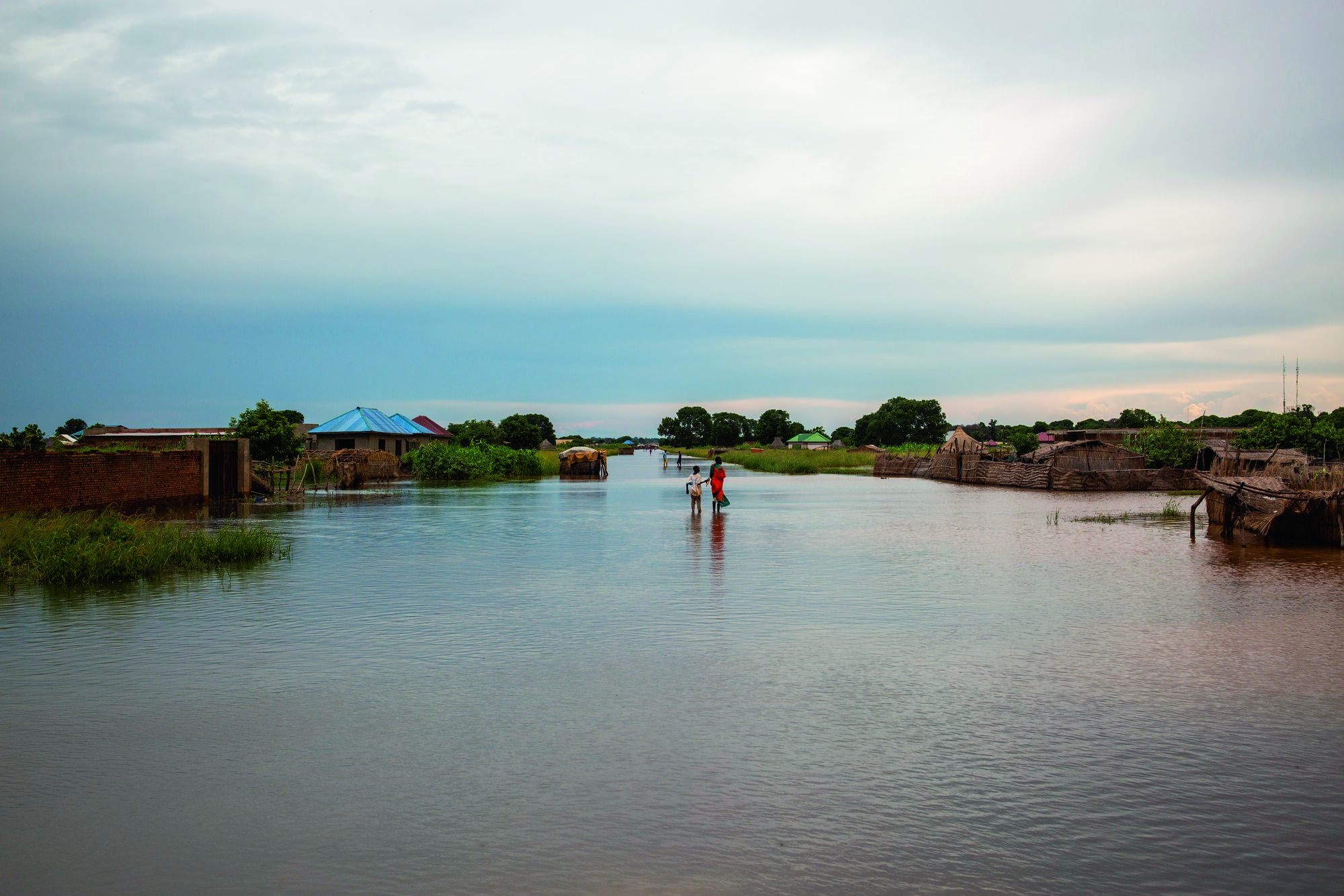
Infrastructure and Access to Energy
Alongside direct interventions, ALIMA is dedicated to sustainably strengthening local health infrastructure to guarantee continuous access to energy and equipment. Reliable energy access and adequate infrastructure are essential for maintaining quality care. ALIMA invests in projects to electrify health centres and strengthen local infrastructure.
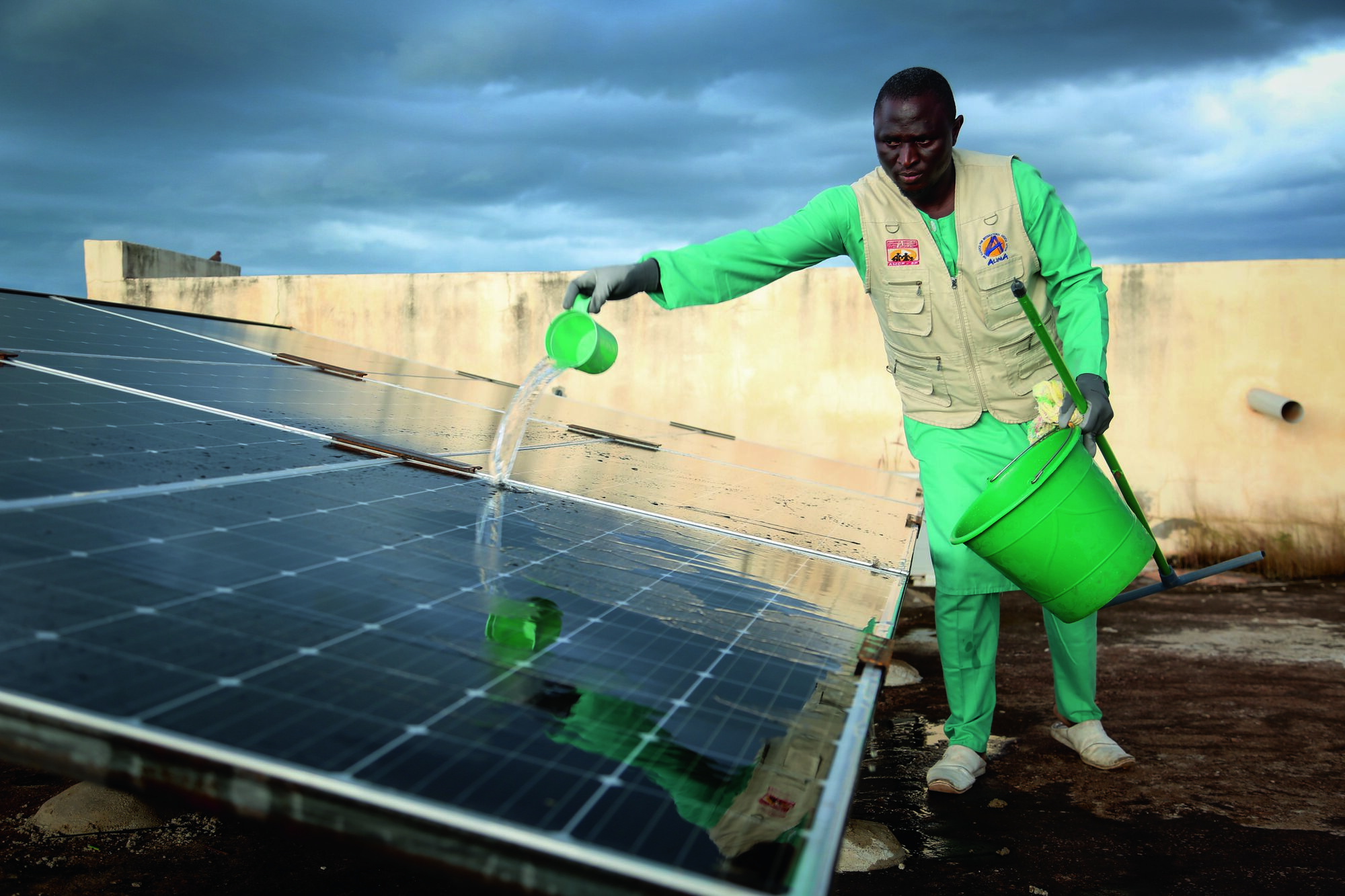
Logistics and Team Mobility
These infrastructures are only effective if they are accessible. This is why ALIMA prioritises the mobility of its teams, even in the most difficult-to-access regions. In remote areas, where infrastructure is limited, it is essential to explore diverse transportation options to reach the most isolated populations, whether by land or air.
